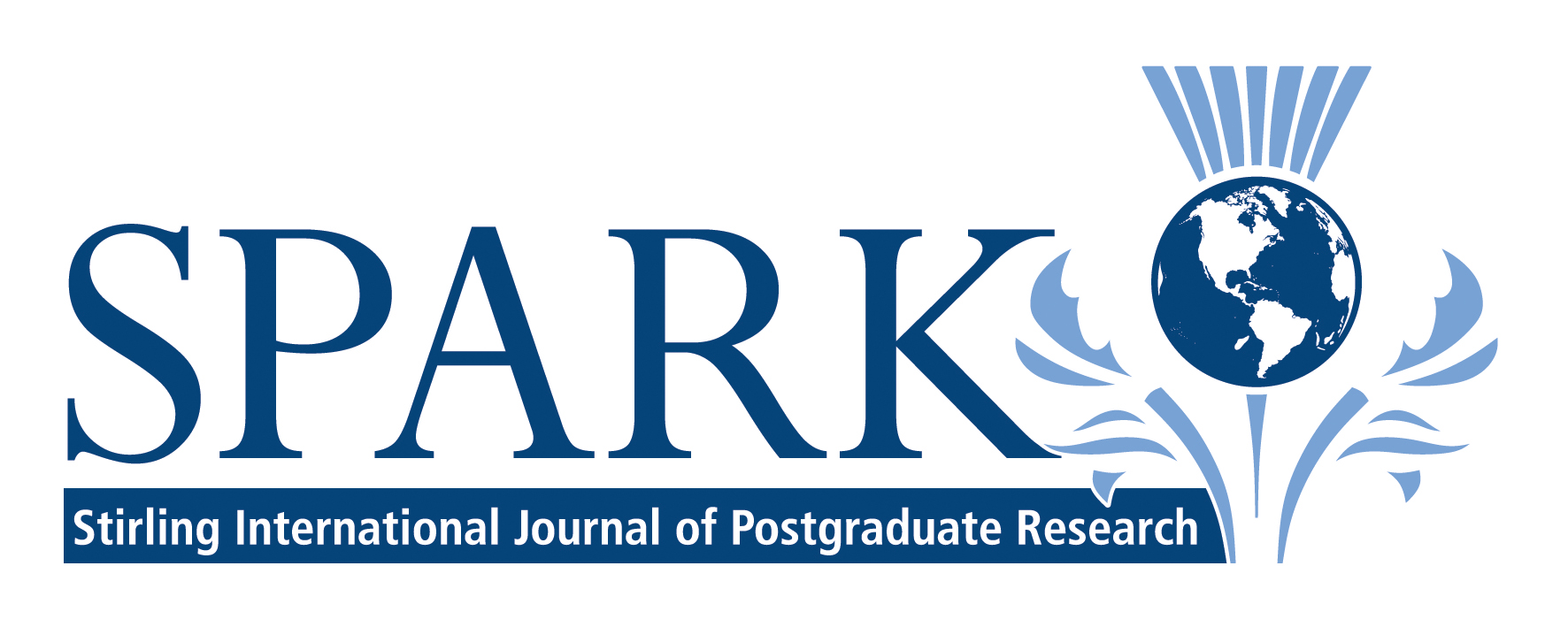Sustaining Change
Issue 8About the Issue
The importance of promoting a more sustainable future on the basis of radical climate action has rarely been clearer; ongoing activism of the ‘Fridays For Future’ movement and debate around COP26 held in Glasgow in autumn 2021 are prominent signs of this. However, sustainable change concerns more than environmental awareness and a more ecologically friendly lifestyle. The recent years of living through and with a global pandemic have demonstrated both the importance of sustaining healthcare systems and promoting physical and mental health—from dealing with physical vulnerability, anxiety, and managing stress to fostering resilience and a healthier work-life balance. By creating opportunities for a more flexible work life, the pandemic has demonstrated that considering employees’ needs more fully might not only be possible but desirable. On a larger scale, this also invites us to rethink what the ‘new normal’ might entail: how community living can be more sustainable and nurturing, the role culture and the arts play in this respect, and how humans relate to nature and their environments.
In line with the above, the authors of Spark’s issue 8 tackle the theme “Sustaining Change” in a variety of ways: from considering more sustainable ways of thinking about the relationship between mental and physical health as expressed in the relationship between chronic pain, anxiety and migraines to conceptualising society as a singular human ecology in an ever-changing world. The analysis of the role and development of the informal sector in Tanzania examines opportunities for more sustainable employment while a discussion of industry 4.0 analyses new ways of making the implementation of technology more sustainable. The proposal of a Celtic Consensus explores ways to facilitate a paradigm shift in the collective consciousness of humanity with the aim of greater social and ecological justice while the literary analysis of Kiran Desai’s Hullabaloo in the Guava Orchard discusses personal transformation and considers human existence in the context of ensuring a more sustainable future.
This issue also includes two book reviews examining Max Liboiron’s Pollution is Colonialism (2021) and Minouche Shafik’s What We Owe Each Other: A New Social Contract (2021).
Want to get involved?
Sonakshi Srivastava, Ashoka University
Proposals for a Celtic Consensus on Global Priorities for Social and Ecological Justice
Mark Langdon, University of the West of Scotland
Victor Tan, University of Stirling
Shock-absorbing? Development of the Informal Sector in Tanzania: Challenges and Prospects
Simon J. Maziku, University of Stirling
Anxiety and Pain: Mental Health is also Physical
Danielle Dalechek, University of Stirling
Pollution is Colonialism: An Interdisciplinary Review
EmmaLucy Cole, University of Bristol
What We Owe Each Other: A New Social Contract
Julie Eshleman, University of Stirling
